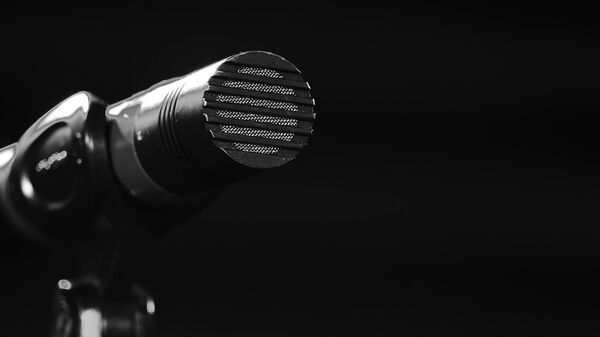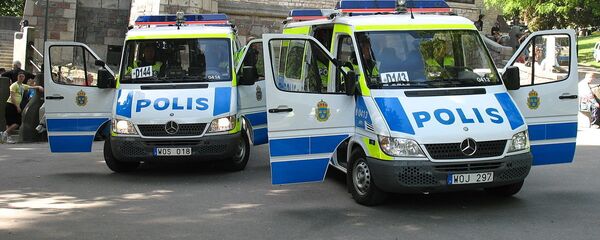To ensure public safety in the blighted suburbs that are rife with crime, the Stockholm police have received permission from the County Administrative Board to use both camera surveillance and sound detectors. The microphones will be set up to identify "tell-tale" sounds such as shooting, explosions, screams and the clatter of broken glass.
Hereby, the police will be promptly alerted about crimes in the making, as the sound detectors are linked directly to the police centers. This will allow the police patrols to immediately pounce and spare them the necessity of waiting for notice from a third party. Compared with a tip via the police hotline, the response time is expected to be shortened by two minutes.
"I know that police in New York have long been using microphones with success. From what I know, however, this is the first time a police authority has received permission to do this sort of thing in Sweden," Joakim Söderström, who is nationally responsible for the camera surveillance, told the Svenska Dagbladet daily.
"We can also quickly determine whether the fire comes from a submachine gun or a handgun," Joakim Söderström explained.
For reasons of privacy, however, conversations between people will not be recorded. Furthermore, the audio recordings will not be saved.
According to Joakim Söderström, hundreds of hidden microphones, invisible to the public, will be set up in the Järva area sometime next year. The large number of detectors is needed to allow triangulation, which will accurately determine the distance to a point once you have two points with a known distance between them.
"We can see who's dealing dope and who's inciting riots. With footage in hand, we can prove who commits the crimes," Joakim Söderström said.
Dramatic Shortage of Police
Meanwhile, Järva's last remaining police station will most likely be closed due to the lack of staff, police sources reported earlier this year. Steps to dismantle the last police outpost began in the summer of 2017, with no immediate plans for reopening.
Bra eller dåligt? #järva https://t.co/CHLpBRzA2u
— ✂️ Besudlad sekatör (@AnnaZoila) November 16, 2017
Given the fact that the blighted areas, where police forces are often met with stones, firecrackers and gunfire, are also considered to be a hotbed of extremism, Sweden's leading terror researcher called this move a "disaster," tweeting that "four more" police stations should be opened.
Katastrof! Borde öppna fyra nya istället. "Poliskällor: Polisstation i Kista kommer att läggas ner" https://t.co/afrs08dkku
— Magnus Ranstorp (@MagnusRanstorp) June 16, 2017
Earlier this year, a police report suggested that at least 5,000 and 200 criminal gangs were lurking the Nordic country's 61 officially acknowledged blighted areas. In Stockholm alone, the number of gang-related shooting incidents has gone up by a record 43 percent over the past three years, the police reported in September.





